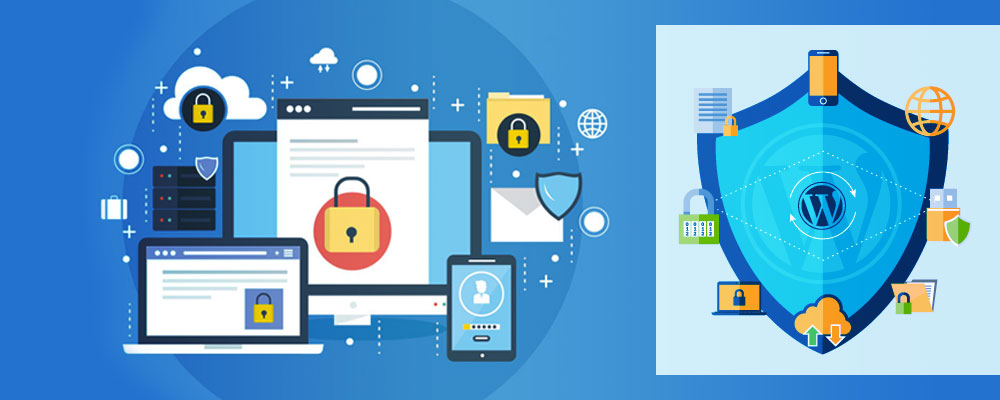Website security is an essential aspect of any online presence. Cyber-attacks have become more common, sophisticated, and damaging in recent years, putting businesses and individuals at risk of data breaches, ransomware, and other harmful activities. Therefore, it is crucial to understand the importance of website security and take proactive steps to protect your website from cyber-attacks.
The first step to ensuring website security is to understand the various types of cyber threats that can affect your website. Common types of cyber-attacks include malware, phishing attacks, DDoS attacks, and SQL injection attacks. These attacks can result in stolen data, defaced websites, and downtime, among other consequences.
One of the most effective ways to protect your website from cyber-attacks is to use strong passwords and two-factor authentication. Weak passwords can be easily hacked, providing attackers with unauthorized access to your website. Two-factor authentication adds an extra layer of security, requiring users to provide an additional piece of information to log in to your website.
Another crucial aspect of website security is keeping your website software up to date. Outdated software can contain vulnerabilities that cyber attackers can exploit. Therefore, it is essential to regularly update your website software, including your content management system (CMS), plugins, and themes.
Additionally, you can use a web application firewall (WAF) to protect your website from common cyber-attacks. A WAF is a type of security software that filters out malicious traffic, protecting your website from various types of cyber threats. A WAF can be used to block malicious IP addresses, detect and block SQL injection attacks, and prevent cross-site scripting (XSS) attacks.
It is also essential to back up your website regularly to ensure that you can quickly recover your website in case of a cyber-attack. A backup is a copy of your website files and databases that can be used to restore your website if it becomes compromised. You can back up your website manually or use automated backup software to back up your website automatically.
Finally, it is crucial to educate yourself and your team about website security best practices. This includes staying up to date with the latest cyber threats and security trends, implementing security policies and procedures, and training your employees on how to identify and prevent cyber-attacks.
In conclusion, website security is critical for protecting your online presence from cyber threats. By understanding the various types of cyber-attacks, using strong passwords and two-factor authentication, keeping your website software up to date, using a web application firewall, backing up your website regularly, and educating yourself and your team on website security best practices, you can effectively protect your website from cyber-attacks. Lamenes – the leading web development agency uk. Contact us for more details.

